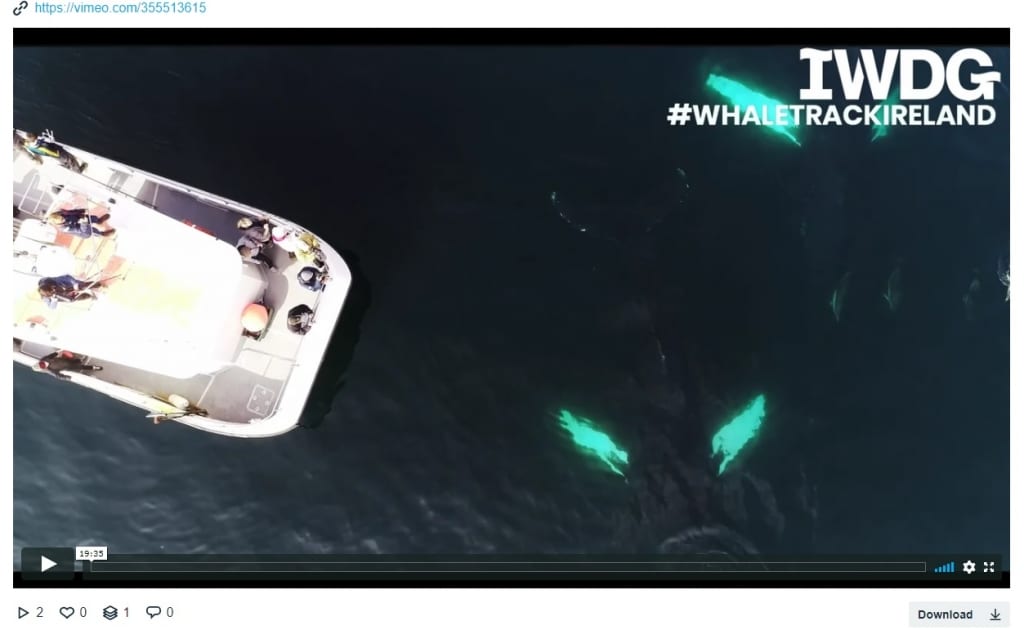The Irish Whale and Dolphin Group (IWDG) today urged the government to allow time for a full and frank scrutiny of the National Marine Planning Framework as it passes through the Oireachtas, and that it remains open to improving weaknesses in the National Marine Planning Framework highlighted by the IWDG and other marine conservation organisations.
Ireland’s waters are already heavily impacted by damaging fishing practices and by industrial and agricultural activity. In its response to the Draft National Marine Planning Framework the IWDG highlighted a number of concerns including:
- The need to better clarify the process of designating strategic marine activity zones.
- That progressing the NMPF in the absence of assessment and designation of Marine Protected Areas will significantly weaken the MPA designation process.
- The lack of marine ecological expertise within the relevant government departments to assess the potential impacts of offshore planning decisions.
- The lack of a clear mechanism for the NMPF to address the impacts (including cumulative impacts) of commercial fishing on marine species and habitats.
Furthermore, the IWDG in its recent Policy Document on Offshore Windfarm Development has expressed concern at the lack of a coherent strategy for the development of the Irish Offshore Wind Energy Sector, including a coherent and region-wide assessment of the environmental impacts of Windfarm Developments on benthic and pelagic habitats and species.
IWDG Conservation Officer Dave Wall who sat on the stakeholder consultation group on behalf of the IWDG said “ample time for a in depth scrutiny on the National Marine Planning Framework must be given as this Framework will impact the conservation of Ireland’s marine habitats and species for many years to come.
Offshore wind farms are now being proposed in areas of significant value to Irelands whale and dolphin species. While the IWDG supports the development of wind energy as a significant tool to address the current Climate Change Emergency, this cannot be at further cost to Ireland’s already depleted marine habitats and species, in this recognised era of Biodiversity Crisis.”

